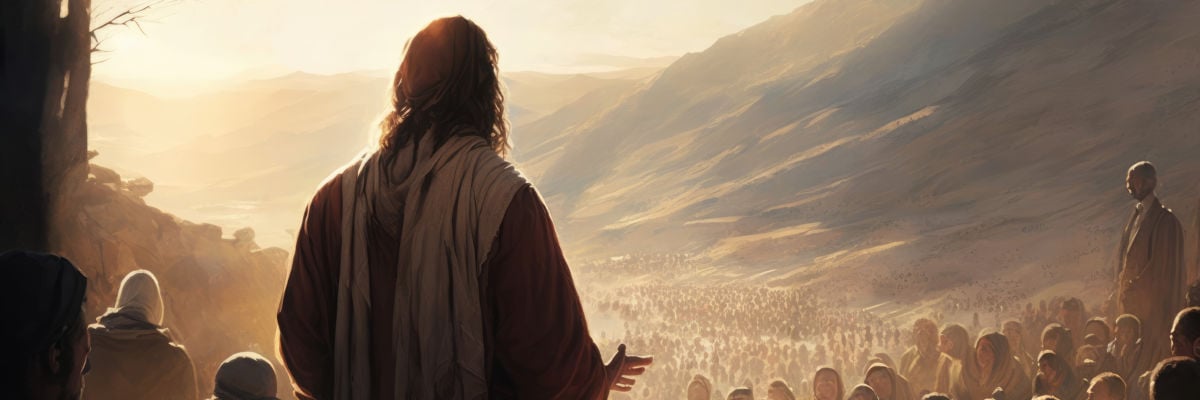
DAY 305
CHALLENGE
“If Jesus and the New Testament authors thought the deuterocanonical books were part of the canon, why doesn’t the Bible refer to them?”
DEFENSE
They do refer to them. The New Testament contains multiple allusions to the Deuterocanonicals.
It does not contain clear quotations from them—or from many protocanonical books of the Old Testament (see Day 288)—but it does contain clear allusions.
One of Jesus’ most famous teachings is that God’s willingness to forgive us is linked to our willingness to forgive others. This is expressed, for example, in the Lord’s Prayer: “And forgive us our debts, as we also have forgiven our debtors” (Matt. 6:12).
And, too, in the verses that follow it: “For if you forgive men their trespasses, your heavenly Father also will forgive you; but if you do not forgive men their trespasses, neither will your Father forgive your trespasses” (Matt. 6:14–15).
The Old Testament contains many passages discussing divine forgiveness, but only one where it is linked to our willingness to forgive others. That passage is in the deuterocanonical book of Sirach: “Forgive your neighbor the wrong he has done, and then your sins will be pardoned when you pray” (Sir. 28:2). Jesus thus picks up and develops this teaching from Sirach the same way he picks up and develops other themes from Old Testament scriptures.
Not only does the New Testament allude to teachings found in the deuterocanonicals, it also refers to the historical events they record. Thus the book of Hebrews contains an extensive list of Old Testament figures who pleased God by their faith. In the course of listing them, the inspired author writes: “Some were tortured, refusing to accept release, that they might rise again to a better life” (Heb. 11:35).
This combination of torture and refusal of release to obtain a better resurrection is found in only one place in the Old Testament. It is a reference to the seven brothers who were tortured and martyred by Antio-Chus Ephiphanes in 2 Maccabees 7. The author of Hebrews thus appears to recognize 2 Maccabees as one of the books of the Old Testament.
TIP
For additional examples, see Gary Michuta, The Case for the Deuterocanon: Evidence and Arguments, chapter 1.



